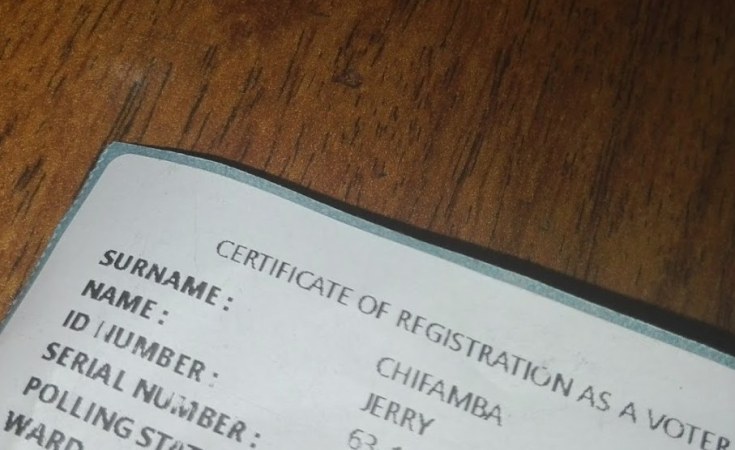Harare — President Emmerson Mnangagwa has set August 23 as the long-awaited election date.
A presidential runoff election, if necessary, was also scheduled for October 2 after the announcement in the government gazette.
The election which will determine the makeup of the 300-seat parliament and over 2,000 local councils in addition to the presidency, comes as the value of Zimbabwe's currency has fallen dramatically, prices are rising and markets are demanding U.S. Dollars for goods and services. In a significant blow to Zimbabwe's economy, consumers have been grappling with a wave of price hikes on basic goods and services.
Zimbabwe's economy has failed to recover from decades of recession and financial disarray under former President Mugabe's rule, with the opposition accusing the government of increasing corruption and incompetence.
Opposition parties have previously accused the ruling Zanu-PF supporters of acts of violence and intimidation in the run-up to the elections, and several human rights organisations have said that Mnangagwa is stifling dissent. The Zimbabwean government and Mnangagwa's ruling ZANU-PF party, on the other hand, have denied the charges.
Mnangagwa, elected president in 2018 after a military intervention that deposed the late former president Robert Mugabe the previous year, is seeking a second term in office. His main rival is lawyer and pastor Nelson Chamisa, who leads the newly formed Citizens Coalition for Change (CCC).
If elected into power, the opposition CCC has pledged to restore the rule of law and unlock foreign funding.
Zimbabwe has faced severe economic problems for years and has been under U.S. sanctions for two decades over human rights abuses.


